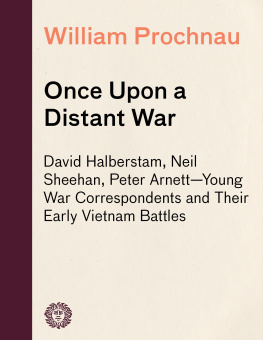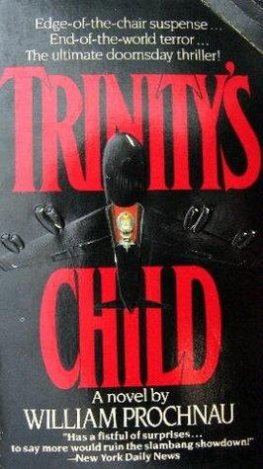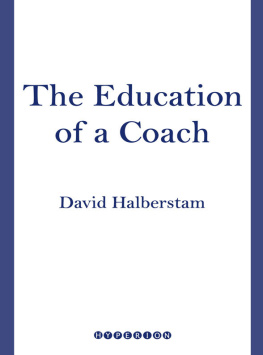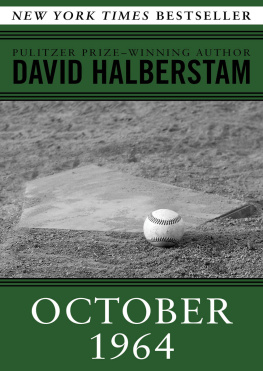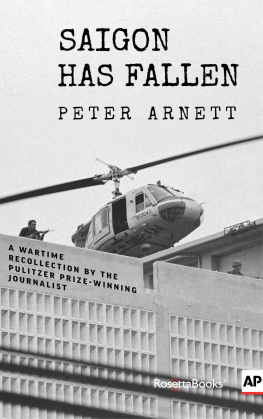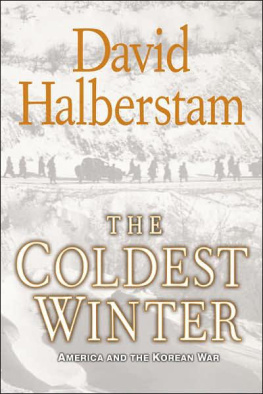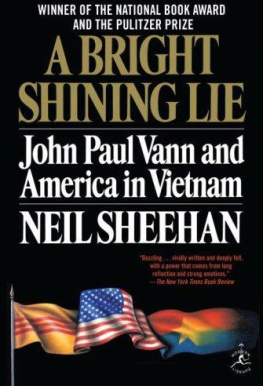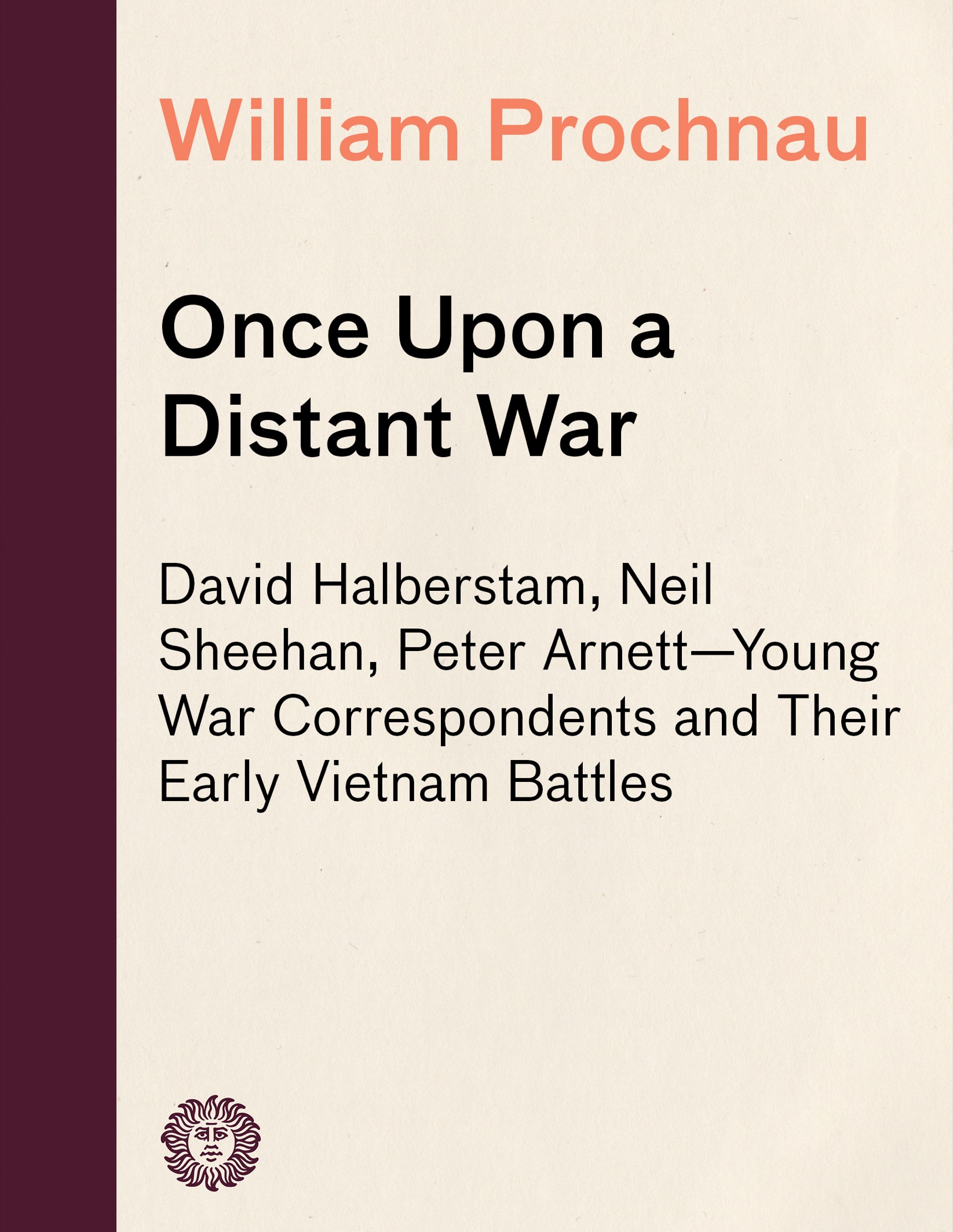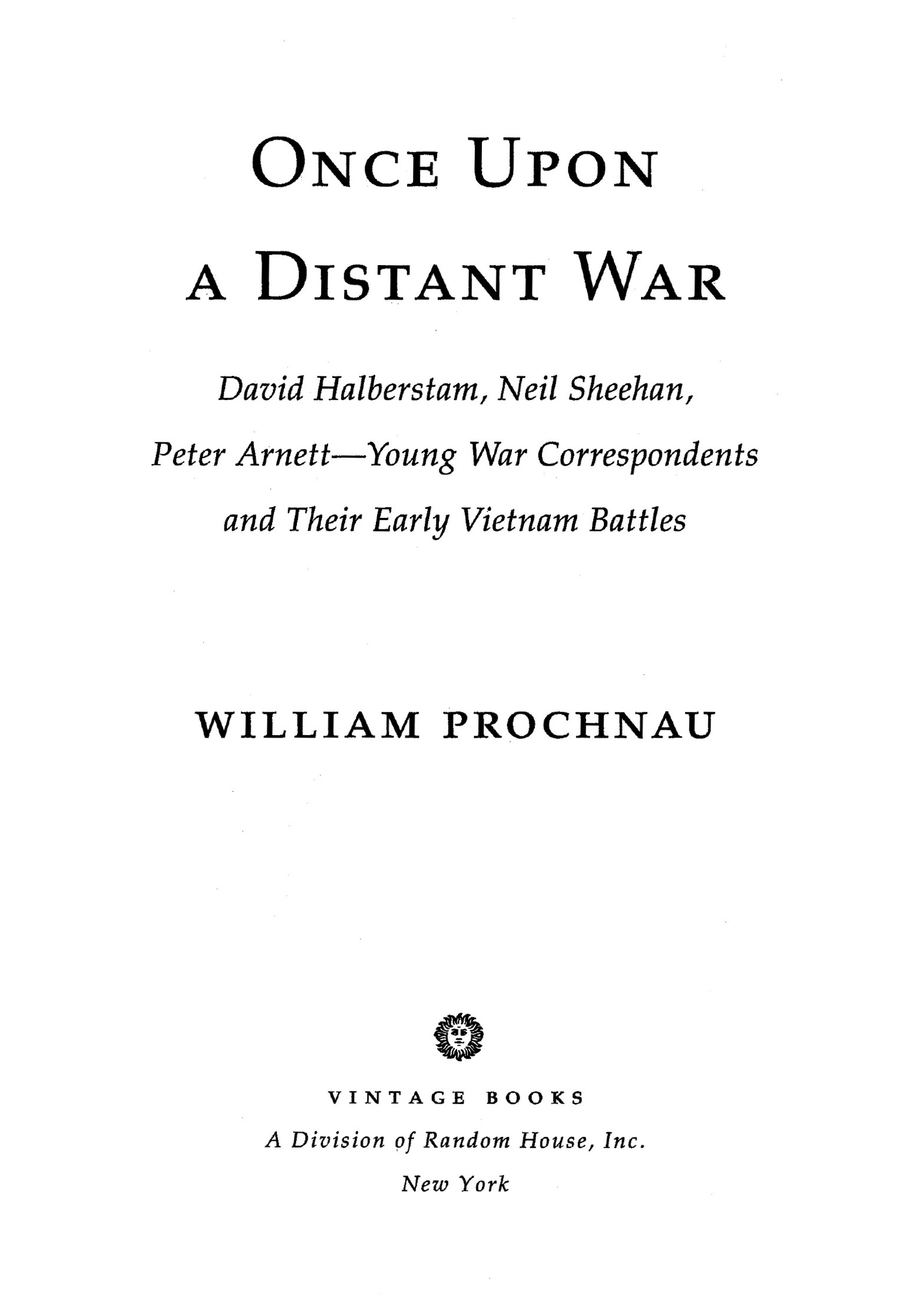Contents
Landmarks
Print Page List
Acclaim for William Prochnaus
O NCE U PON A D ISTANT W AR
Mixing painstaking documentation with the breathless writing of a movie script, Prochnau takes on this part of our national myth in an attempt to tell the story[when] young U.S. journalists based in Vietnam began to doubt the numbers, the strategies, the generals, but never the rightness of the American cause. The result often reads like a cross between The Boys on the Bus and The Right Stuff.
Boston Globe
In Once Upon a Distant War, William Prochnau does an almost impossible thinghe tells a Vietnam story we havent heard before. Complex, witty, and humane, Prochnaus book gives us an honest picture of the men and women who, for reasons sometimes noble and sometimes not, brought the truth of that war home.
Tobias Wolff, author of This Boys Life and In Pharaohs Army
William Prochnaus Once Upon a Distant War transcends the tiger-cage limitations of its genre and provides a worthy piece of Vietnam history and press criticism. Prochnau skillfully navigates around the prevailing myths. A valuable insiders tour of how the press works.
The Nation
Prochnau spares no detail. Each chapter is filled with harrowing accounts of journalistic daring. Once Upon a Distant War gives a clear picture of the workings of some of the brightest journalistic minds of the century and how their trail-blazing work would influence the many men and women that would follow in their footsteps.
St. Petersburg Times
Masterful and riveting. In vivid, supple prose, and with a novelists sense of drama and character, Prochnau perfectly captures the intoxicating, dangerous atmosphere of Saigon in the early Sixties. This book deserves to stand alongside A Bright, Shining Lie, The Best and the Brightest, and Fire in the Lake. Its a hell of a good story.
Philip Caputo, author of A Rumor of War
Books by William Prochnau
A Certain Democrat (coauthor)
Trinitys Child, a novel
Once Upon a Distant War:
David Halberstam, Neil Sheehan, Peter ArnettYoung War Correspondents and Their Early Vietnam Battles
William Prochnau
O NCE U PON A D ISTANT W AR
William Prochnau is a former national correspondent for The Washington Post and author of Trinitys Child, an international bestselling novel. He has also written for Vanity Fair, Life, Vogue, The New York Times Magazine, and the Times of London Magazine. He made two reporting tours of the Vietnam War. A native of Seattle, Prochnau lives in Washington, D. C.
Copyright 1995 by William Prochnau
All rights reserved under International and Pan-American Copyright
Conventions. Published in the United States by Vintage Books, a division of Random House, Inc., New York, and simultaneously in Canada by Random House of Canada Limited, Toronto. Originally published in hardcover by Times Books, a division of Random House, Inc., New York, in 1995.
An excerpt from this book appeared in Vanity Fair. Portions of earlier drafts also appeared in The New York Times Magazine, The Washington Post Magazine, the APF Reporter of the Alicia Patterson Foundation, and the Gannett Center Journal.
Due to limitations of space, permissions acknowledgments can be found on .
The Library of Congress has cataloged the Times Books edition as follows:
Prochnau, William W.
Once upon a distant war / William Prochnau.
p. cm.
Includes index.
ISBN 0-8129-2633-1
1. Vietnamese Conflict, 19611975United States.
2. Vietnamese Conflict, 19611975Press coverage.
3. Sheehan, Neil. 4. Halberstam, David. 5. Browne, Malcolm W.
6. Vietnamese Conflict, 19611975Journalists. I. Title.
DS558.P75 1995
959.7043373dc20
957327
Vintage Books Trade Paperback ISBN9780679772651
Ebook ISBN9780593082331
Random House Web address: http://www.randomhouse.com/
v5.4_r1
a
For my mother, Florence, and for Laura
Vietnam is a graveyard of lost hopes, destroyed vanity, glib promises, and good intentions.
The lead sentence filed by Time magazine correspondent Charles Mohr for an August 9, 1963, cover story. The sentence was not published.
C ONTENTS
1
A N ICE L ITTLE W AR IN A L AND OF T IGERS AND E LEPHANTS
Malcolm Browne, a tall and gawky thirty-year-old former chemist whose red hair would soon turn sandy, stepped down in a sweat from Flight One, Pan Americans new around-the-world jet service.
Saigons heat, humid and oppressive at 96 degrees, hit the new man from the Associated Press like a wave. Just out of Baltimore, where winter had arrived in a sudden early surge, Browne wore the only suit he owned, a wool one. Over one shoulder he lugged a useless topcoat; over the other a battered $25 Japanese camera he had picked up secondhand.
On the hot tarmac at Tan Son Nhut Airport two photographers took his picture, one for South Vietnams secret police, the other for a small English-language newspaper called the Times of Vietnam. It would not take Browne long to realize that there was little difference between the two. Otherwise, the arrival did not seem auspicious. No military man met him with a jeep and driver as a correspondent from Americas premier news-gathering agency might have been welcomed to a war zone in another time and place. Those at the American Embassy, soon to be bogged down with an onslaught of arrivals of a different sort, noted the dateNovember 11, 1961, a Saturdaywith only passing interest. Beneath lazily turning fans inside the low, open-air terminal building, South Vietnamese customs officials languidly riffled through his single suitcase, glanced without interest at the wry smile on Brownes passport photo, and waved him through.
In the beginning it was such a nice little war.
A dapper, debonair little war in a land of tigers and elephants, enthused the CIA man in one of the dark novels written later by Ward Just, a distinguished correspondent whose life after Vietnam was consumed by bleak, Conrad-like trips deep into the American soul.
In 1961 the United States stood at the height of its power, primed by a national can-do attitude that anything lay within its reach and sustained by a near-religious certainty about the rightness of its goals. During this first of the few, but hyperkinetic, Kennedy years, saving South Vietnam became one of those goals. The trickle of Americans passing through Saigon during the fifties turned abruptly into a relentless stream.
The newcomers had little historical reference to the place. Vietnam, clinging to a tropical peninsula south of China, was not a prominent Second World War battleground still tugging at American memories. Nor had the French in their final colonial struggle in Asia just a few years earlier left Americans with more than scratchy, newsreel-vague recollections of a strange war in an unknown place called Indochina. The American government had spent $2 billion supporting that lost cause and another billion after the French departed in 1954. But, to workaday Americans, Vietnam remained as distant and obscure as any place in the world. Official Washington did not know it much better. Two examples make the point:

